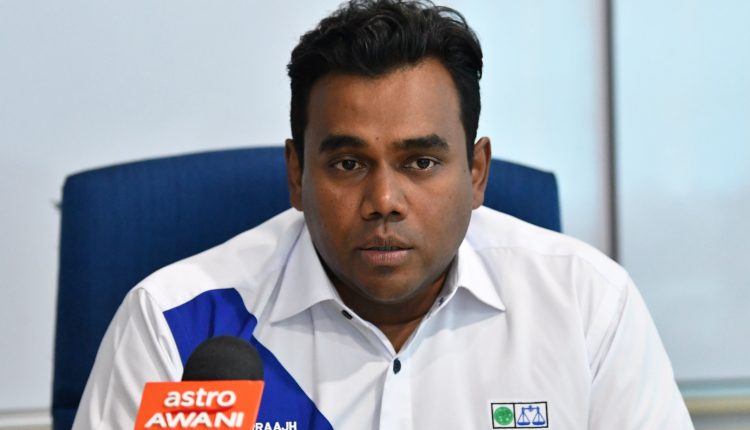PETALING JAYA: An MIC leader has mooted four initiatives to tackle gangsterism among the Indian community, including the revival of three elite police teams disbanded by the previous administration.
The proposals by C Sivarraajh, the party’s vice-president, comes in the wake of a report on social problems faced by Malaysian Indians.
Sivarraajh quoted the report as saying that 72% of gang members identified in Malaysia were Indians, with a total of 28,926 Indians identified as being gang members. The Indian community also had the highest rate of gangsterism in the country, according to the report by the Science and Wellness Organisation.
He urged the police to consider reviving three elite teams which had been disbanded: the Special Task Force On Organised Crime; Special Tactics and Intelligence Narcotics Group; and Special Task Force for Anti-Vice, Gambling and Gangsterism.
These elite teams, he said, made an immediate impact right after their respective establishments, but were dissolved following rumours they were in cahoots with gangsters, although these claims were denied by the then home minister, Muhyiddin Yassin.
Sivarraajh said the revival of the three teams “would not just enable but empower the police force to combat the alarming increase of crime namely organised crime, not just among the Indian community but all other communities”.
He also called for an increase in the intake of Indian officers to the special investigations department or D9 which he said would help obtain a better and comprehensive picture of gangsterism in the Indian Community.
The implementation of such a policy, he said, played a key role in reducing the crime rate among the Indian Community for several years.
He also suggested that the home ministry and the police Integrity and Standard Compliance Department carry out investigations into “leakages” in the force which had allowed gangsterism to thrive, as proven by the arrest of several high ranking police officers who were part of syndicates.
“If we can’t control the leakages within the department, then it’s of no use to talk about resolving organised crime,” he said.
He also urged the home ministry and the police to work closely with the education ministry to identify students showing tendencies to be part of crime groups.- FMT

